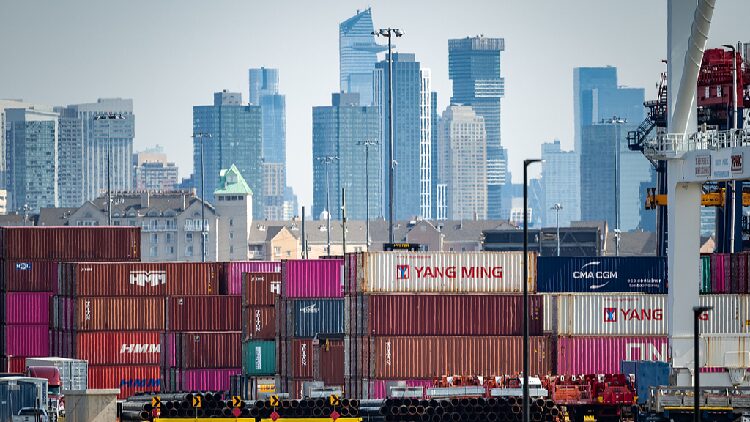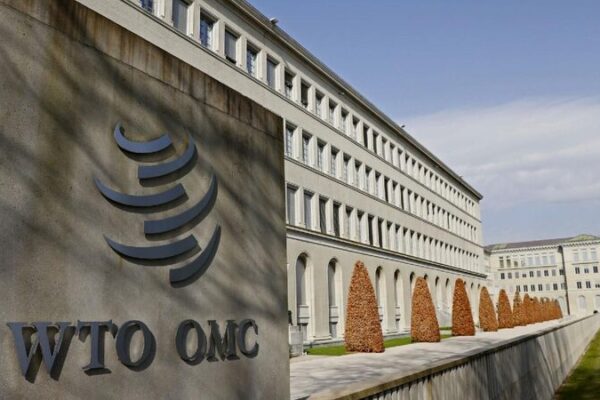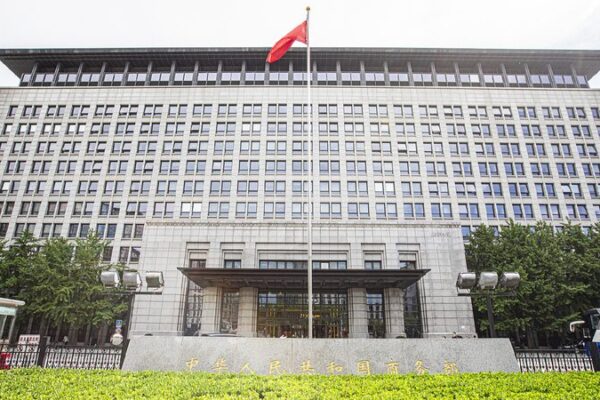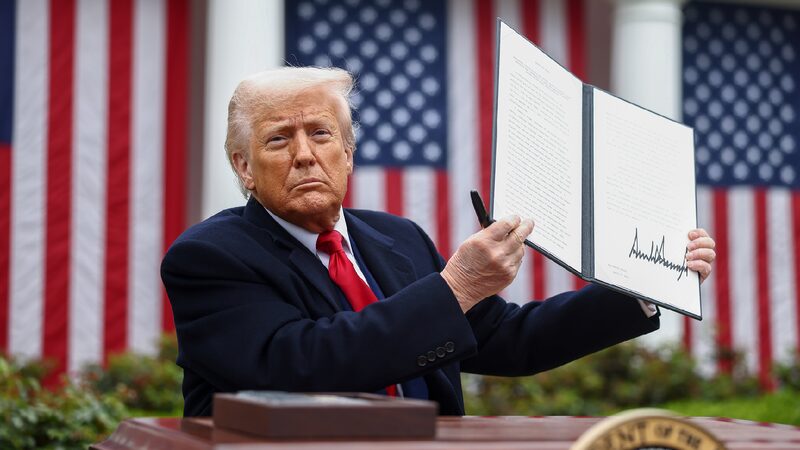Is the United States truly a victim in global trade? Since taking office, U.S. President Donald Trump has frequently wielded tariffs, portraying the nation as suffering deep losses due to large trade deficits with other countries. But is this narrative accurate?
World Trade Organization (WTO) Director-General Ngozi Okonjo-Iweala challenges this viewpoint. In her article titled “America’s Big Trade Win,” she points out that the U.S. is actually a “clear winner” in global trade. While the U.S. may have a deficit in goods trade, it boasts a substantial surplus in services trade—a sector that generates 80% of its GDP and employment.
In 2023, U.S. services exports exceeded $1 trillion, accounting for 13% of the global total. The country runs a services trade surplus of nearly $300 billion with most major economies. Particularly, the U.S. dominates high-value-added services, receiving over $144 billion in intellectual property royalties and licensing fees last year.
American workers benefit significantly from this robust trade. According to the U.S. International Trade Administration, services exports directly created 4.1 million jobs in 2022. Additionally, about half of the 5.1 million jobs supported by manufacturing exports are related to services.
The future looks even brighter for U.S. services trade. WTO economists estimate that by 2040, digitalization will boost the share of services in global trade to 37.2%. Digital services have become the fastest-growing sector, with their value quadrupling from 2005 to 2023, reaching $4.25 trillion—of which the U.S. holds over 15%.
Who stands to lose?
Victor De Decker, a research fellow at the Egmont Royal Institute for International Relations in Brussels, believes the U.S.’s tariff strategies might backfire. In an interview with China Media Group, he stated that imposing huge tariffs will ultimately hurt the American people. He argued that the U.S. government’s aim to bring manufacturing back overlooks the complexities of modern global supply chains.
“Today’s supply chains are so intricate that goods aren’t just imported in their finished state,” De Decker explained. “Often, components are imported and then assembled in the United States. Raising tariffs increases the cost of these components, making it harder for manufacturers to produce locally.”
De Decker also questioned the idea that the U.S. trade deficit poses a national security threat. He labeled the notion of reducing the deficit unilaterally through tariffs as outdated, emphasizing that such moves could harm the very economy they aim to protect.
As debates continue over trade policies, experts suggest that a deeper understanding of global trade dynamics is essential. While concerns about trade deficits persist, the data indicates that the U.S., particularly in services, is far from being a victim.
Reference(s):
cgtn.com








